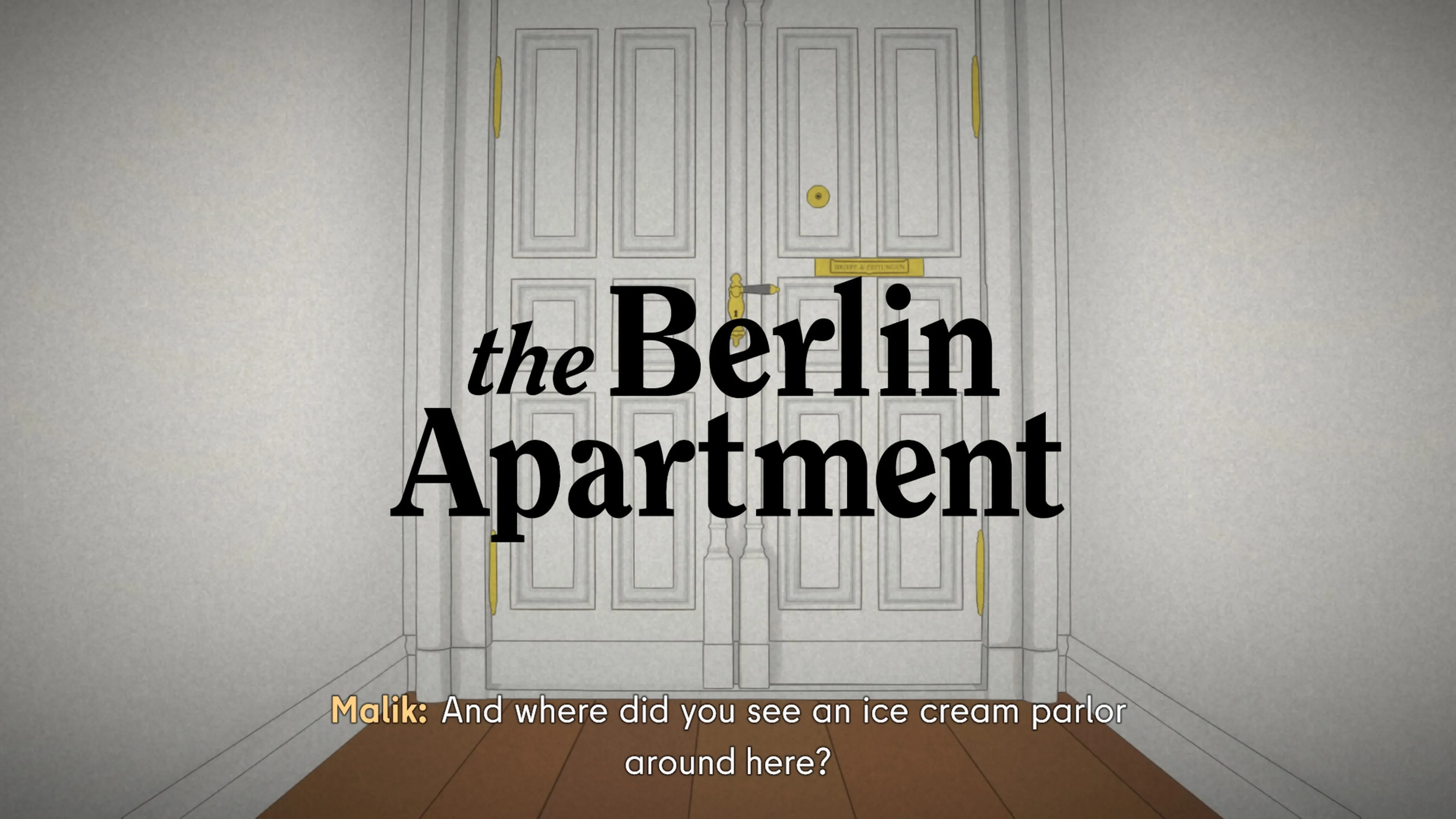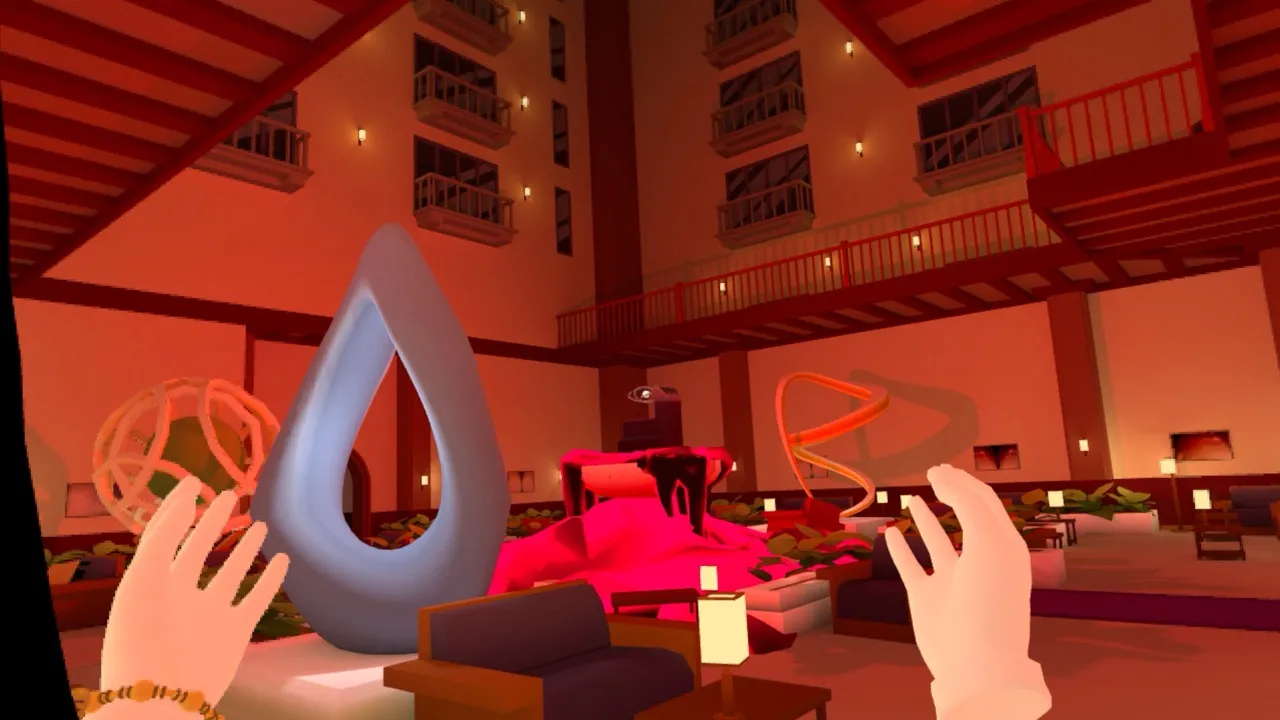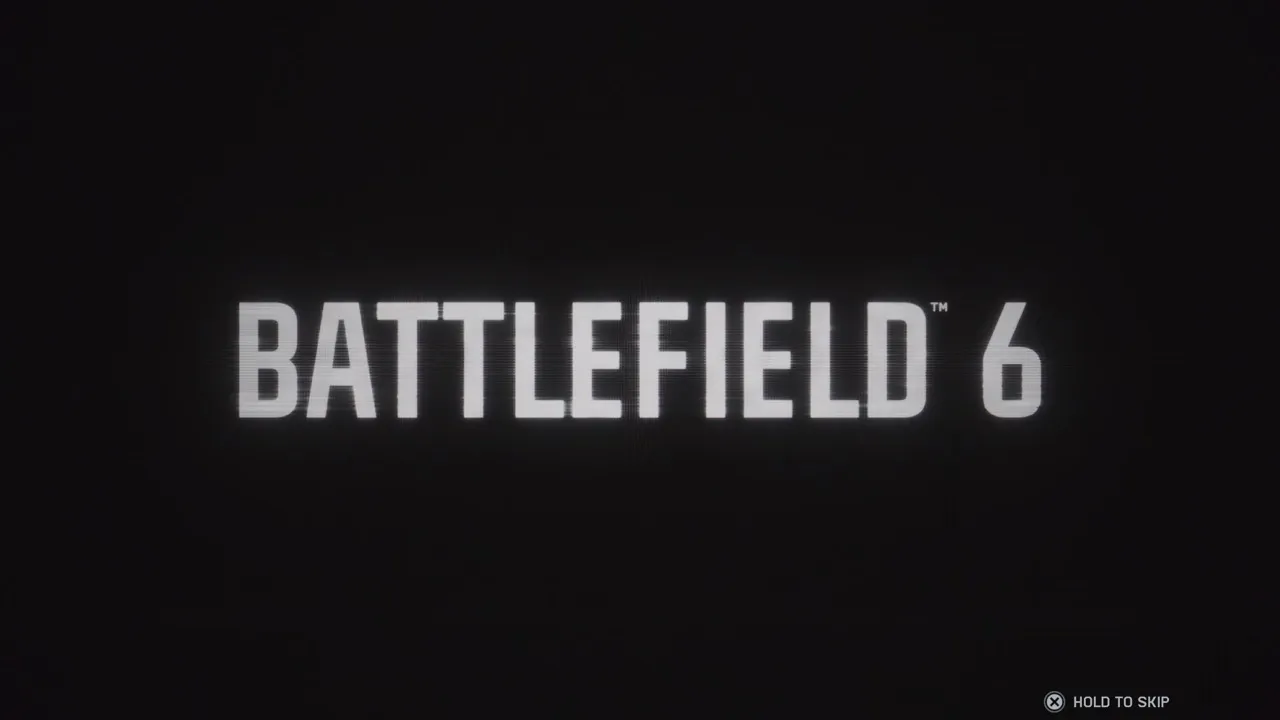The Berlin Apartment is one of those games you instantly know the audience for. If you come in expecting puzzles, set pieces, branching choices or any kind of mechanical depth, you are going to be disappointed. This is not that type of game. Interaction is minimal, sometimes to the point where even calling it a walking simulator feels like a stretch. What you actually do is move slowly around a Berlin apartment, look at objects, and let the stories unfold. And honestly, that is the entire point. The people who will love this game are the ones who can sit still, sink into a mood, and let a narrative wrap around them.
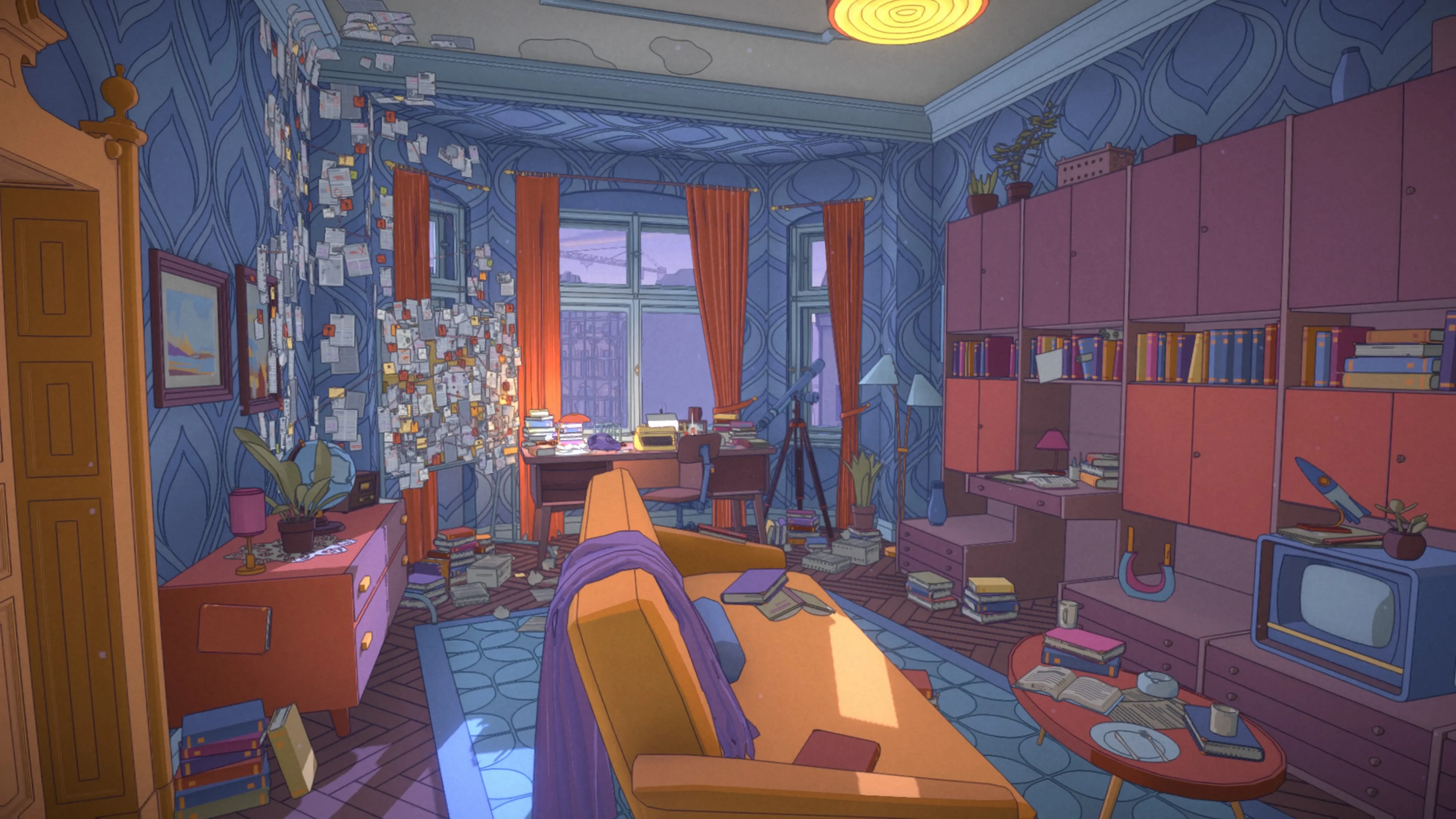
You play as a young girl helping her father renovate an old East Berlin apartment. He is around, doing his own thing in the background, but you mostly wander on your own, spray painting walls, breaking bathroom tiles or throw objects down a trash chute. Then you find an object that serves like a small anchor to the past. When you pick that up, your father starts telling you the story of the object. Suddenly you are no longer in the modern apartment. You are living in the same space, but decades earlier, now playing as one of the people who once called this place home.
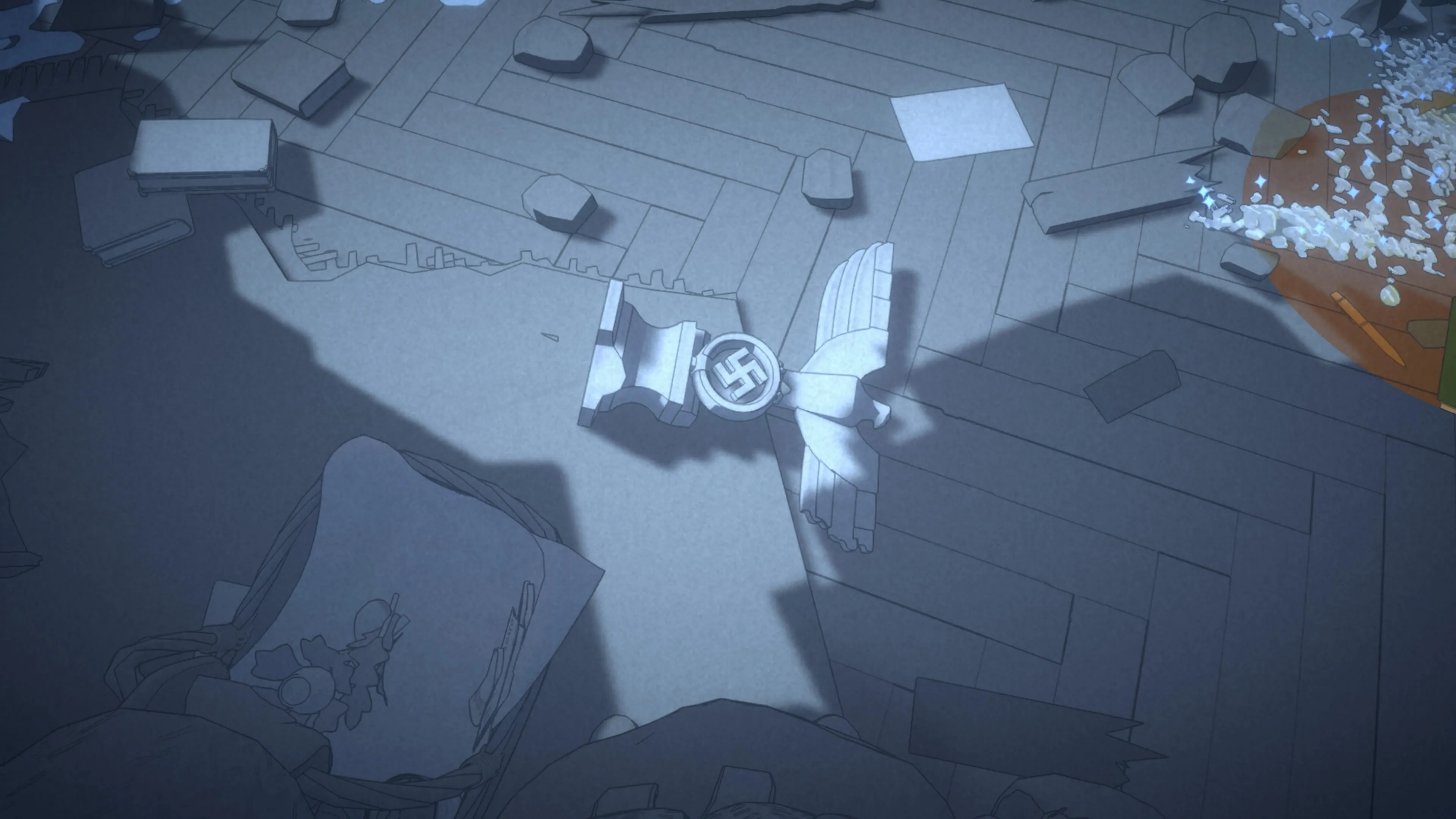
This is the core of the entire experience. The time periods you visit cover some of the most intense chapters in German history. You move from the last moments before the Nazis rise to power, to life after the Second World War, to East Berlin under Soviet control during the Cold War, to the quiet tension of the months right before the fall of the Berlin Wall. The apartment becomes a stage where history keeps shifting under your feet, not through lectures but through ordinary lives caught in extraordinary circumstances.
Explaining the details of these stories would spoil them. The stories are the game. They are the reward. What makes them work is how you experience them. When you find a trinket, the game does not just show you a flashback, it transports you into that moment. You walk around as that character, you listen to their thoughts, you see what they fear, what they want, what they are willing to do to protect themselves. You are not watching a vignette, you are inhabiting it. This simple shift from spectator to participant gives the emotional beats real weight.
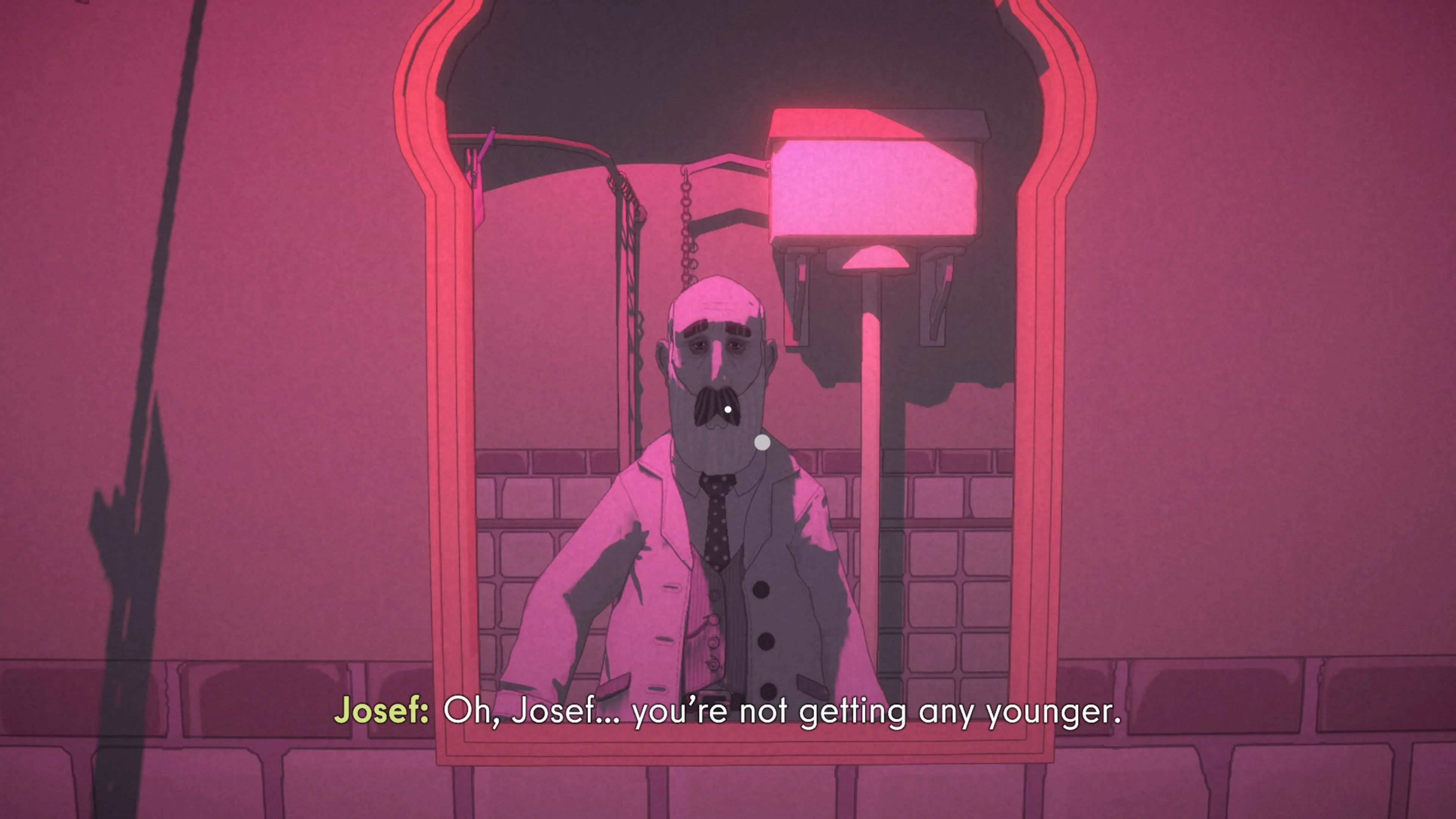
And there are moments that genuinely catch you off guard. Small details, a single line of dialogue, a quiet gesture, something half said or half hidden. Because the game does not throw dramatic music at you or push for a cinematic high, those moments feel real. They hit harder because the tone stays so restrained. It trusts you to feel things without being pushed.
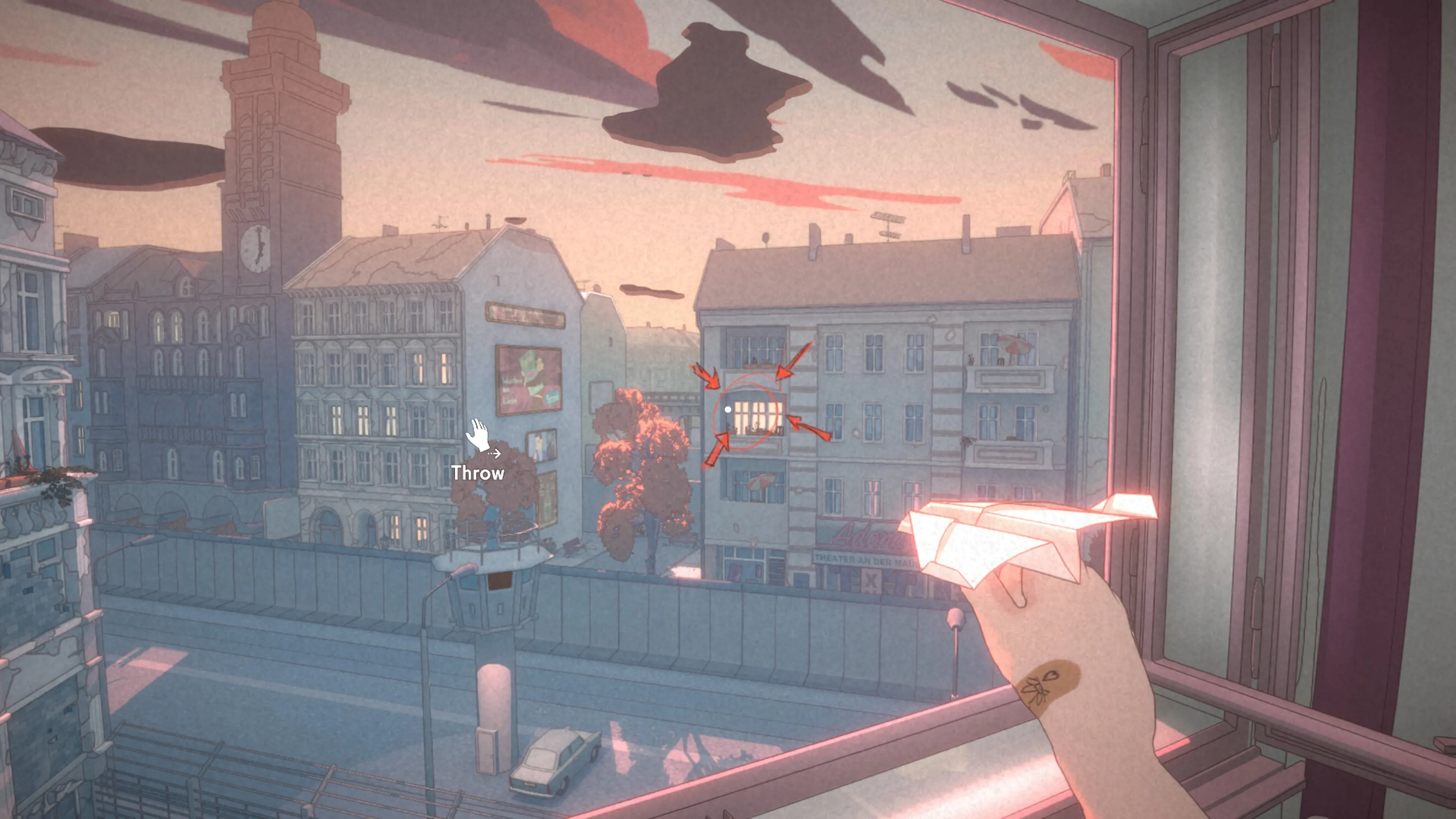
Now, all of this comes with a huge caveat. There is no real gameplay here. Interaction amounts to moving, looking and holding a button. There are no puzzles, no choices that change outcomes, no systems to learn. If you need mechanical engagement to stay invested, this game will not give you that. You absolutely need to be in the mood for something slow, reflective and almost meditative. But if you are, the stories linger. They have a softness and a melancholy that sticks with you.
A big reason the game works at all is the presentation. The art direction is gorgeous. The apartment feels warm and lived in, even when it is covered in dust. The lighting is soft and natural, textures look touched and worn, and every era you travel to has its own subtle identity. Old furniture, cramped layouts, vintage wallpapers, Soviet era clutter, each time period feels grounded, apart from when the apartment shifts into a spaceship (no spoilers here) without ever trying to be photorealistic. You can tell the developers obsessed over tiny details because so many of them quietly reinforce the mood of each story. Having said all that, there are some small annoying bugs where when you interact with objects and pick them up to view them, they clip into your hand and that kinda breaks the immersion. But it's a minor issue and I am sure that will be fixed in the future.
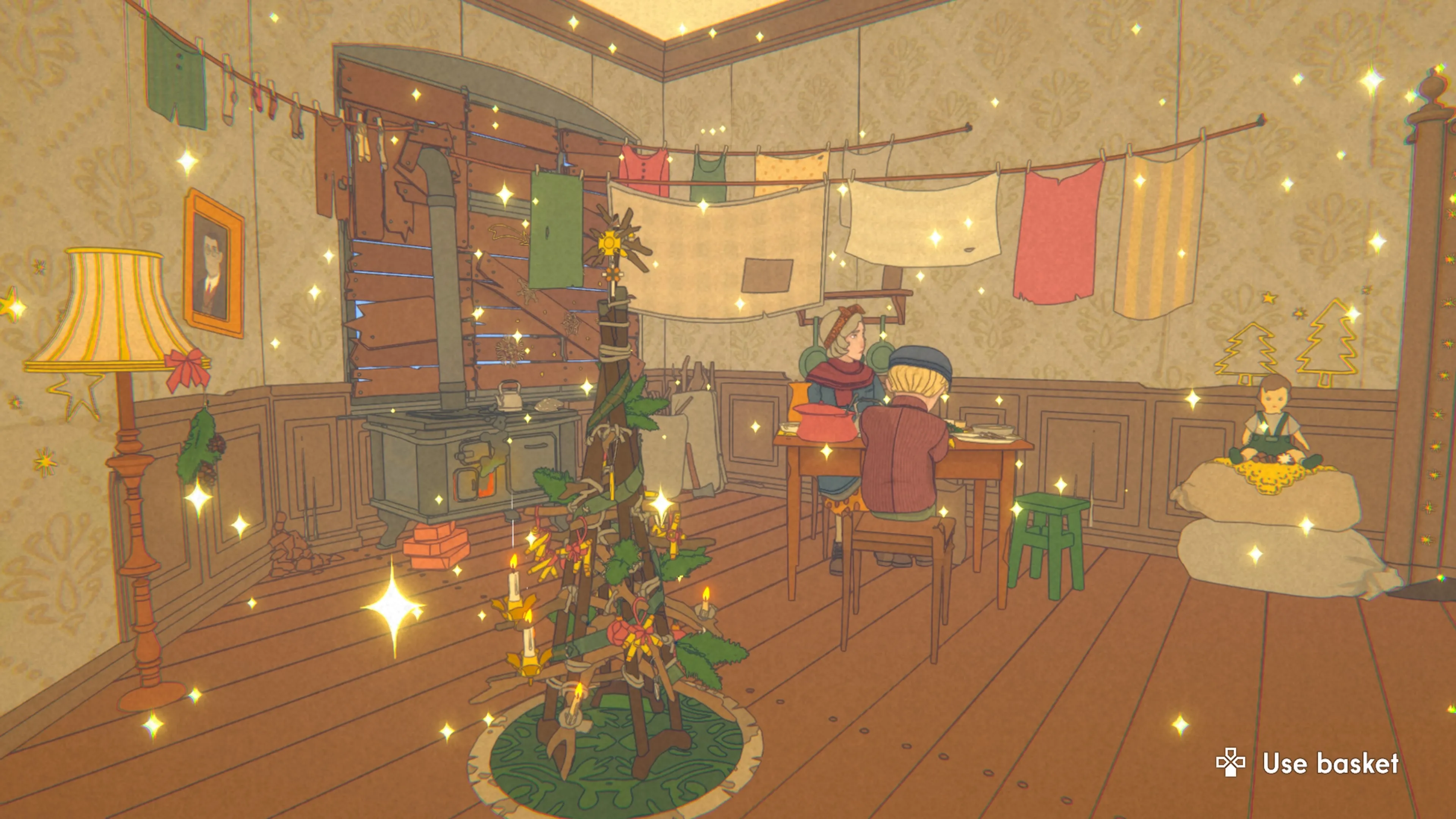
The sound design is equally careful. There is no big sweeping soundtrack, just gentle piano, ambient room noise, the hum of life outside the windows. Conversations feel intimate without feeling staged. The silence between moments does a lot of the heavy lifting. It is the kind of game where the absence of noise says just as much as the dialogue.
In a way, The Berlin Apartment feels more like reading a well written anthology of historical short stories than playing a traditional game. You step into a life, sit with it for a while, learn something about a person living in a complicated moment, then return to the present holding a little more understanding than you had before. That is the entire loop. And for the right player, that loop is more satisfying than any combat system or puzzle chain.

But it is important to be honest about what this is. This is a niche game. It appeals to a very specific type of player, the kind who can happily spend an evening wandering through memories, absorbing atmosphere, and letting narrative be the only real mechanic. If that does not sound like you, no amount of gorgeous art or thoughtful storytelling is going to change your mind. If it does sound like you, though, this is something worth your time.
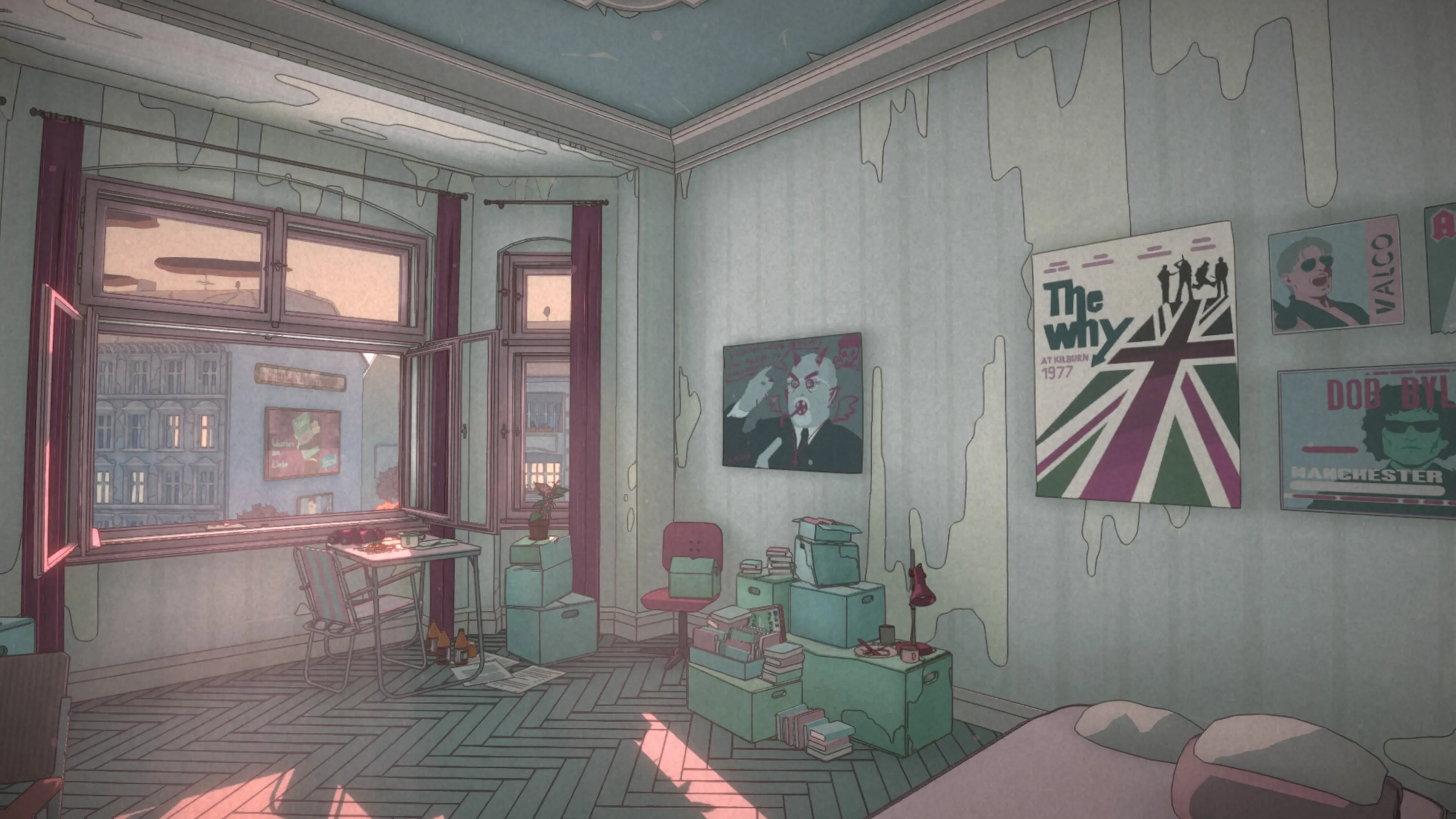
So, treat it like a quiet evening experience. Make a hot cup of coffee or tea or chocolate, dim the lights, settle in and let the stories breathe. The Berlin Apartment does not try to entertain you with gameplay, it tries to move you with perspective. And if you give it the patience it asks for, it succeeds. Thanks for reading!
The game was reviewed on a PS5 via a promo copy provided by PR. The Berlin Apartment is available on PS5, Xbox Series and PC.
